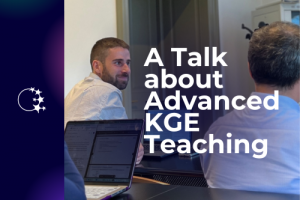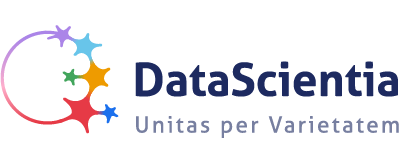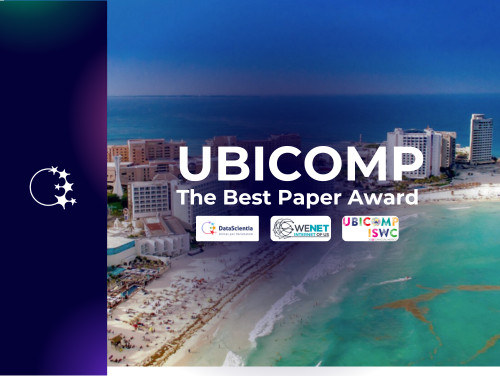
The Best Paper Award at the UBICOMP
- Posted by Tetiana Bihun
- Categories News
- Date December 2, 2024

We are proud to share that the DataScientia members received a notable award at ACM UbiComp/ISWC 2023 in Cancún, Mexico! Their paper that was written in the framework of WeNet initiative, “Generalization and Personalization of Mobile Sensing-Based Mood Interference Models: An Analysis of College Students in Eight Countries,” was honored with the “Distinguished Paper Award,” recognizing DataScientia’s outstanding contributions to mobile sensing research and data science. The article was also published in the Proceedings of the ACM on Interactive, Mobile, Wearable, and Ubiquitous Technologies (IMWUT).

Lakmal Meegahapola, Postdoc Researcher at ETH Zürich, presented the work and became one of the finalists in the top 4 in the rank of the ACM UbiComp Outstanding Student Award for his prominent academic input in persuasive computing. He demonstrated outstanding research performance in model personalization, generalization, and distribution shift.
Lakmal’s recognition for his exceptional contributions to persuasive computing and mobile health sensing reflects the strength and impact of DataSceintia’s community in advancing innovative health technologies. We congratulate him on this achievement!
Here is the paper’s abstract:
Mood inference with mobile sensing data has been studied in ubicomp literature over the last decade. This inference enables context-aware and personalized user experiences in general mobile apps and valuable feedback and interventions in mobile health apps. However, even though model generalization issues have been highlighted in many studies, the focus has always been on improving the accuracies of models using different sensing modalities and machine learning techniques, with datasets collected in homogeneous populations. In contrast, less attention has been given to studying the performance of mood inference models to assess whether models generalize to new countries.
In this study, we collected a mobile sensing dataset with 329K self-reports from 678 participants in eight countries (China, Denmark, India, Italy, Mexico, Mongolia, Paraguay, UK) to assess the effect of geographical diversity on mood inference models. We define and evaluate country-specific (trained and tested within a country), continent-specific (trained and tested within a continent), country-agnostic (tested on a country not seen on training data), and multi-country (trained and tested with multiple countries) approaches trained on sensor data for two mood inference tasks with population-level (non-personalized) and hybrid (partially personalized) models.
We show that partially personalized country-specific models perform the best yielding area under the receiver operating characteristic curve (AUROC) scores of the range 0.78–0.98 for two-class (negative vs. positive valence) and 0.76–0.94 for three-class (negative vs. neutral vs. positive valence) inference. Further, with the country-agnostic approach, we show that models do not perform well compared to country-specific settings, even when models are partially personalized. We also show that continent-specific models outperform multi-country models in the case of Europe. Overall, we uncover generalization issues of mood inference models to new countries and how the geographical similarity of countries might impact mood inference.
This recognition highlights the strength of the DataScientia community in driving forward impactful scientific research. We are delighted to share the achievements of our members on international platforms and to contribute meaningfully to the advancement of data science and mobile health technologies.
Read the full paper and download pdf here.
Keywords: mood inference, mobile sensing, model generalization, geographical diversity, context-aware applications, personalized user experiences, mobile health apps, sensor data, self-reports, machine learning, country-specific models, continent-specific models, country-agnostic models, multi-country models, non-personalized models, hybrid models, negative valence, positive valence, AUROC (Area Under Receiver Operating Characteristic curve), population-level inference, partially personalized models.

────────────────
Tetiana Bihun
Author, Content Creator
You may also like
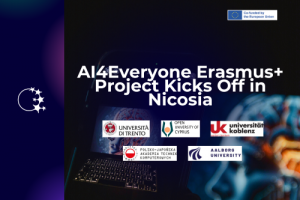
AI4Everyone Erasmus+ Project Kicks Off in Nicosia
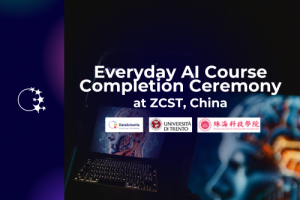
Everyday AI Course Completion Ceremony Held in Zhuhai, China
